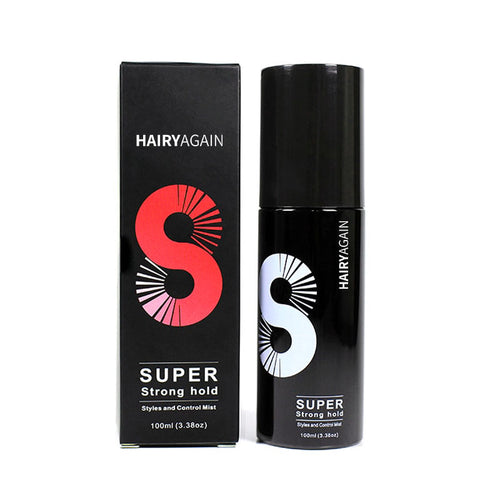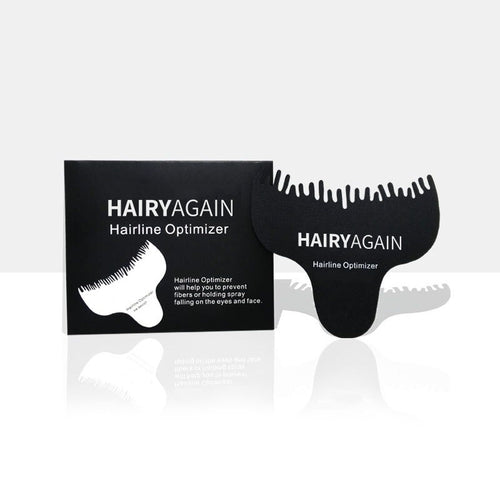Stress is an unavoidable part of life, and it can have a significant impact on our bodies. One area where stress can have a profound effect is on our hair. Stress-induced hair loss is a real phenomenon, and it can be distressing for those experiencing it.
When we experience stress, our bodies produce hormones like cortisol and adrenaline. These hormones can disrupt the hair growth cycle, leading to hair thinning and hair loss. Stress can also cause inflammation, which can damage hair follicles and further contribute to hair loss.
Separating Fact from Fiction: Myths About Stress and Hair Loss
There are many myths surrounding stress and hair loss. Let's take a closer look at some of the most common ones and separate fact from fiction.
-
Myth #1: Stress always causes hair loss. While stress can be a significant contributing factor to hair loss, it's not always the sole cause. Genetics, medications, and other factors can also play a role.
-
Myth #2: Only severe stress can cause hair loss. While severe stress can certainly contribute to hair loss, even mild or chronic stress can have an impact on hair health.
-
Myth #3: Only men experience stress-induced hair loss. Hair loss is often associated with men, but women can also experience it. In fact, women may be more susceptible to stress-induced hair loss due to hormonal fluctuations.
What You Can Do About Stress-Induced Hair Loss
If you're experiencing stress-induced hair loss, there are steps you can take to help mitigate the problem.
-
Reduce stress levels. While it's impossible to eliminate stress entirely, finding healthy ways to manage stress can help reduce its impact on hair health. Exercise, meditation, and therapy are all effective stress-reducing techniques.
-
Take care of your hair. Be gentle when washing and styling your hair, and avoid harsh chemicals and heat styling tools. Eating a healthy diet and taking supplements like biotin can also help support hair health.
-
Consider hair loss treatments. In addition to managing stress and taking care of your hair, there are also several hair loss treatments available. These include medications like minoxidil and finasteride, as well as hair transplant surgery.
Available Solutions for Hair Loss
One temporary solution for hair loss is the use of hair building fibers, like HairyAgain hair building fibers. These fibers can help cover up thinning areas and give the appearance of a fuller head of hair. They are made from natural ingredients and are dermatologist-recommended. However, it's important to note that they are not a permanent solution and are best used in conjunction with other hair loss treatments.
FAQs
Can stress cause hair loss in women?
Yes, stress can cause hair loss in women, particularly during times of hormonal fluctuations such as pregnancy or menopause.
Are there any supplements that can help with stress-induced hair loss?
Biotin supplements have been shown to help support hair health, but it's important to talk to your doctor before starting any new supplement regimen.
Is hair loss always permanent?
Not all hair loss is permanent. In some cases, hair may regrow on its own or with the help of treatments like minoxidil or finasteride.
How long does it take for hair to regrow after stress-induced hair loss?
The regrowth timeline varies from person to person and depends on several factors, including the severity of hair loss and the effectiveness of treatments.
Can hair building fibers be used with other hair loss treatments?
Yes, hair building fibers like HairyAgain can be used in conjunction with other hair loss treatments for a more comprehensive approach to hair restoration.





